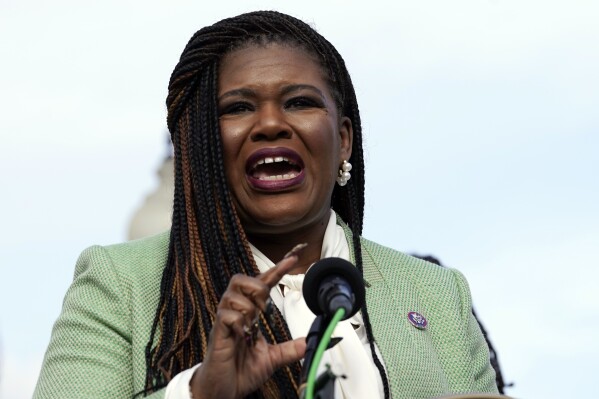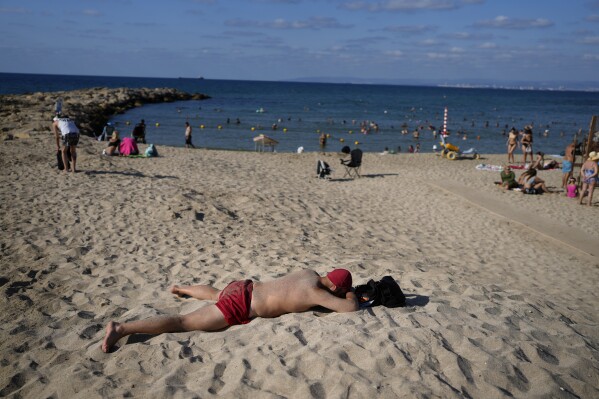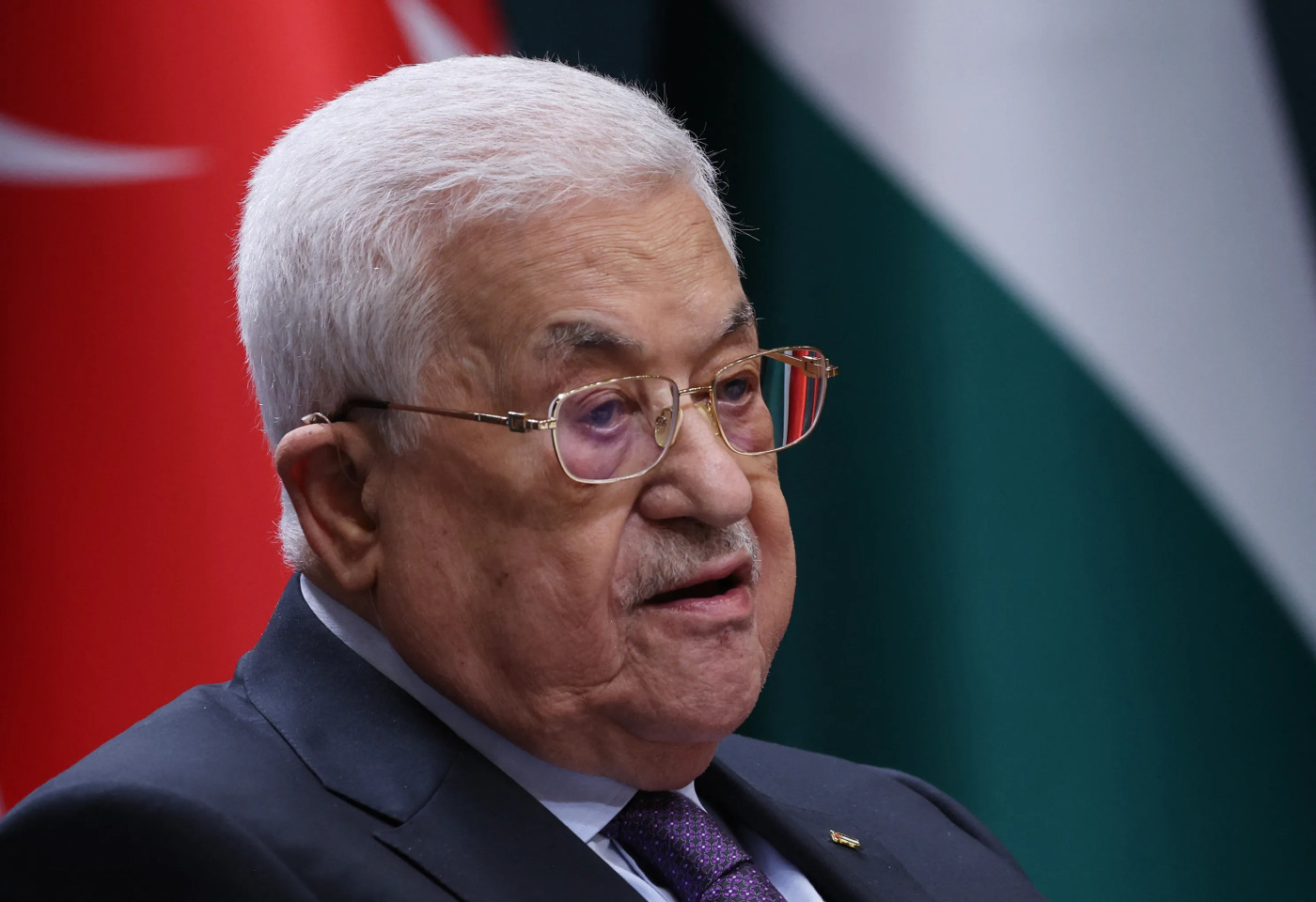Russian Railway Networks Facing 'Imminent Collapse': Report
The state-owned Russian Railways faces "imminent collapse" amid a shortage of locomotives, driven by Western-imposed sanctions imposed over the war in Ukraine, a Russian Telegram channel has reported.
The sanctions have contributed to a ball-bearing shortage in Russia, which has affected locomotive maintenance in the country. This has led to a rise in malfunctions on the network's trains and an increase in the number of vehicles being suspended, Russian newspapers Vedomosti and Kommersant reported in February and March this year.
The VChK-OGPU outlet, which is widely believed to have ties to Russian security agencies, reported Monday, citing an unnamed source, that the railway network's deputy head Sergei Kobzev told his subordinates at an internal meeting "that the situation is critical."
"The complete collapse of the entire railroad network in the country could happen in days," the channel said. "[Russian Railways] chiefs have been ordered to work to the point of exhaustion. Those who fail to cope are threatened with dismissal and 'execution.' This is the motivation."
Russia's Justice Ministry added VChK-OGPU to its "foreign agents" register earlier this month for "dissemination of false information aimed at creating a negative image of the Russian army."
Igor Sushko is a Ukrainian military blogger and the executive director of the Wind of Change Research Group. He shared what he alleged was a leaked audio clip of a meeting between Kobzev and his subordinates, in which he says that the "Russian rail network is on the precipice of total collapse."
"We are together making plans; we are four days away from a complete shutdown of the [rail] network," Kobzev allegedly said.
"There is no longer such thing as 'this is my rail segment;' there is nothing. We've entered a zone in which either you perform the task precisely, and it is checked in an hour or two whether you completed the task, and we readjust our approach with a different attitude, and we recover to a normal state, and only then you can discuss which are 'your segments', OR [the work] will be completed by other people, and swiftly and reliably to boot," the deputy head of Russian Railways said in the meeting, according to the audio clip.
Kobzev added: "I promise you that we will be working hard during the holidays, and we will have a holiday, quite literally, with tears in our eyes."
Newsweek was unable to independently verify the authenticity of the audio clip or VChK-OGPU's report, and has contacted Russia's Foreign Ministry for comment by email.
Russian Railways in 2023 reported that the number of trains suspended due to issues with its trains more than doubled to 42,600 amid a shortage of critical parts. This was due to "insufficient maintenance of the locomotive fleet," Kommersant reported in March.
A Russian Railways spokesperson told Vedomosti in February that the issue "became especially acute" in the final quarter of 2023.
Analysts at the Center for Strategic and International Studies (CSIS) in Washington, D.C., said in April 2023 that a ball-bearing shortage in Russia was having a knock-on effect on the production of vehicles.
Swedish bearing manufacturer SKF Group ceased all business and operations in Russia in response to the war in Ukraine in April 2022. It had operated in the country since 1991.
"Historically, Russia has imported most of its high-quality bearings from Western manufacturers," CSIS analysts said. "In 2020, for instance, Russia imported over $419 million worth of ball bearings, around 55 percent of which originated in Europe and North America; Germany was Russia's largest trading partner, taking up 17 percent of its total imports that year.
"Following the start of the invasion, major Western producers of bearings exited Russia and ended their sales there," the analysts said.
Western sanctions have created shortages of higher-end foreign components and are forcing Moscow to substitute them with lower-quality alternatives.
"For now, Moscow's efforts at state-backed import substitution remain largely unsuccessful," the analysts added.
Do you have a tip on a world news story that Newsweek should be covering? Do you have a question about the Russia-Ukraine war? Let us know via worldnews@newsweek.com.
Disclaimer: The copyright of this article belongs to the original author. Reposting this article is solely for the purpose of information dissemination and does not constitute any investment advice. If there is any infringement, please contact us immediately. We will make corrections or deletions as necessary. Thank you.




